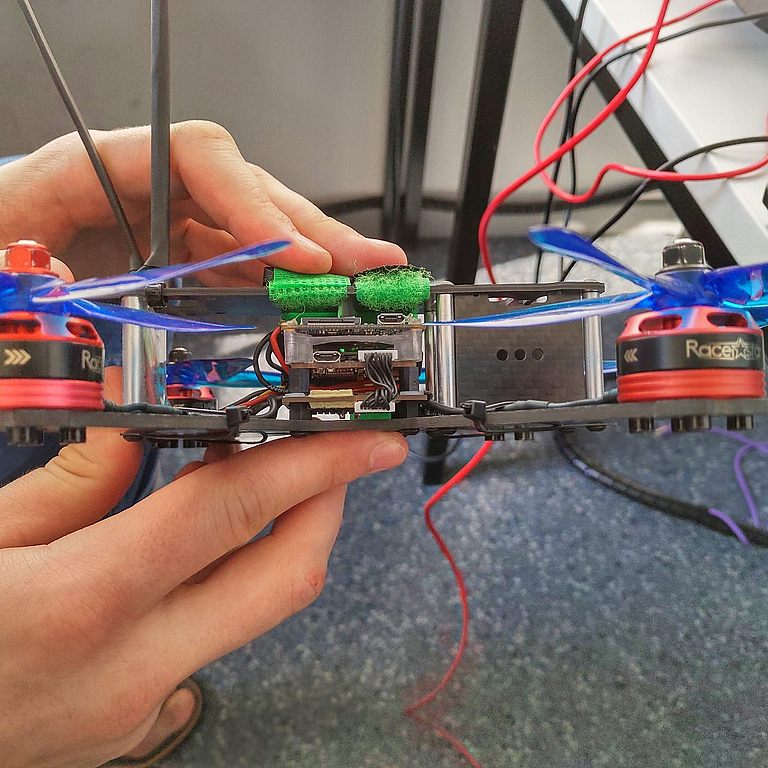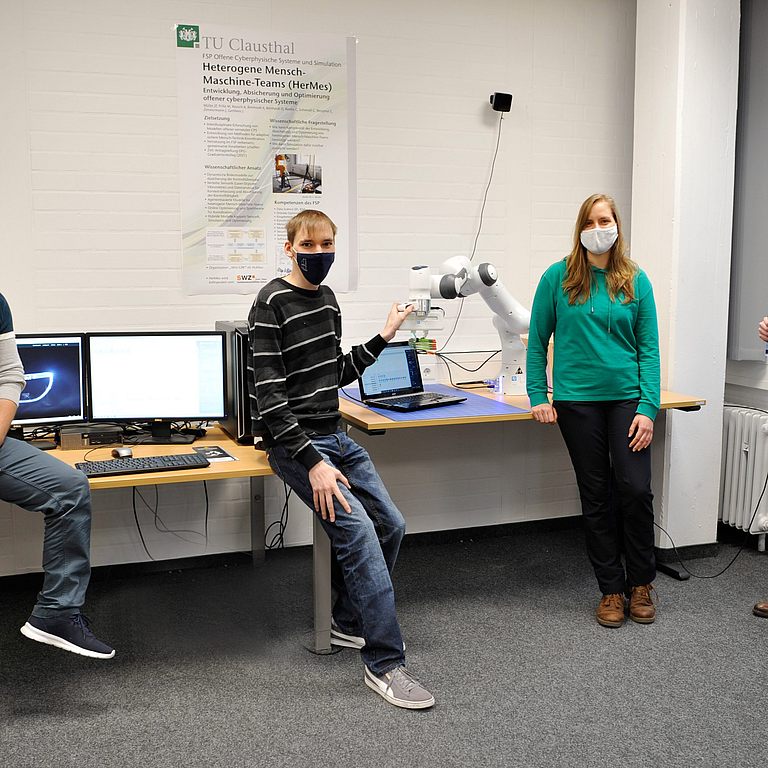Am Montag, 12.12.2005, spricht Herr Frank Michael Schleif, Universität Leibzig und Bruker Daltonik GmbH, R. & D., Leipzig/ Bremen um
15:15 Uhr in
Raum T4, Hörsaalgebäude Tannenhöhe, Albrecht-von-Groddeck-Str. 7, über das Thema:
"Fishing for bio-marker candidates in ms-data by use of Learning Vector Quantization"
During last years, proteomic profiling based on mass spectrometry became an
important tool for studying diseases at the protein and peptide level in a higher
throughput manner. Thereby the identification of characteristic masses for a specific
kind of disease is a complicated task. In addition the classification accuracy and
safety is especially important for medical applications. The talk gives an overview
about current research activities in the field of Learning Vector Quantization with a
special focus on classifier development for the search of proteomic patterns. The
first part of the talk shows basic data pre-processing steps which are necessary to
obtain discriminant features for a subsequently classification procedure. In the
second part a new approach for fuzzy labeled learning vector quantization is
introduced. In this method one allows dynamically adapted fuzzy labels to indicate
the responsibility of prototypes for a class. The new learning algorithm performs a
gradient descent on a cost function derived from the Neural GAS algorithm. The
proposed algorithm generates a prototype based classifier. Thereby, to each
prototype a fuzzy class information is assigned which indicates the probabilities for
class responsibility. Further the algorithm is capable for automatically metric
adaptation which aims on feature selection and hence the search for bio-marker
candidates. In addition this algorithm can handle fuzzy labeled data which allows
the clinicians to keep a (small) fuzziness in their diagnosis instead of making it
unnecessary strict. The new approach is described and its performances on real life
data taken from clinical studies is demonstrated. Its shown how this new method
can be successfully applied to the analysis of proteomic data and used for bio
marker research.
Weitere Informationen: Institut für Informatik | Technische Universität Clausthal
Julius-Albert-Str. 4 | 38678 Clausthal-Zellerfeld
www.in.tu-clausthal.de
peter.novak@in.tu-clausthal.de | Tel +49-5323-72 7190


